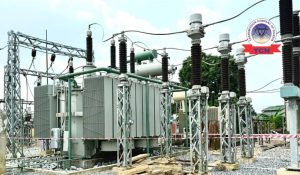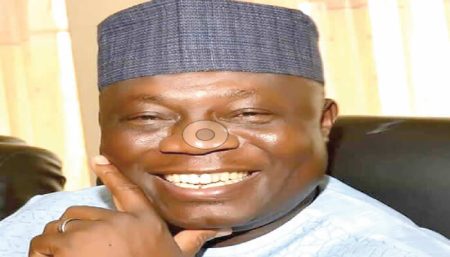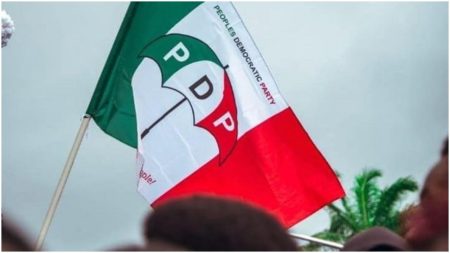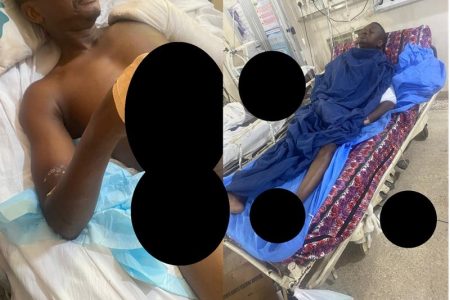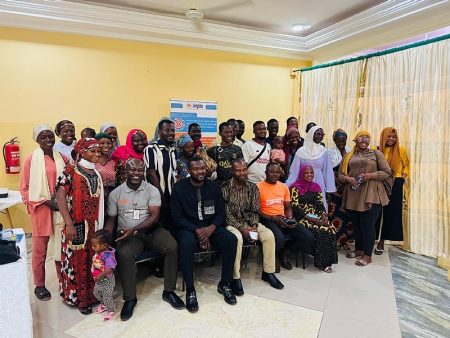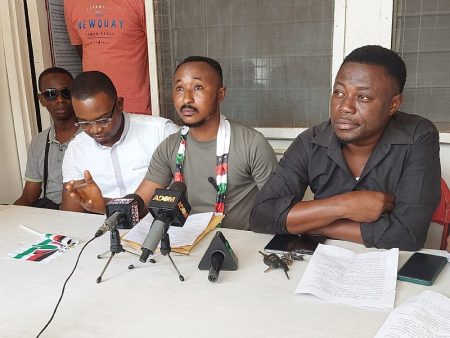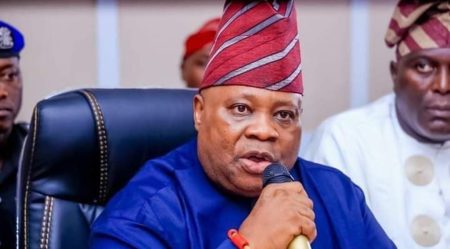Lawyer Maurice Ampaw’s analysis of Dr. Mahamudu Bawumia’s defeat in the 2024 presidential election paints a picture of internal sabotage, inherited burdens, and a missed opportunity to effectively present the candidate to the electorate. Ampaw contends that Kennedy Agyapong played a detrimental role in Bawumia’s campaign, undermining his chances of success. This, coupled with the weight of former President Akufo-Addo’s unpopularity, created a difficult uphill battle for Bawumia from the outset. The NPP, according to Ampaw, failed to effectively disentangle Bawumia from the negative perceptions surrounding the previous administration and further compounded the issue by damaging his image during the primary process. This confluence of factors, combined with a strong public desire for change, ultimately contributed to Bawumia’s loss.
Ampaw’s assertion regarding Agyapong’s alleged sabotage raises questions about the internal dynamics within the NPP and the potential for personal ambitions to overshadow party unity. While the specific nature of Agyapong’s actions remains unclear in this report, Ampaw’s claim suggests a deliberate effort to undermine Bawumia’s candidacy. This raises the specter of factionalism within the party and the potential for such divisions to negatively impact electoral performance. The implication is that Agyapong, perhaps fueled by his own presidential aspirations, actively or passively worked against Bawumia, thereby contributing to the party’s overall defeat.
The burden of Akufo-Addo’s unpopularity also played a significant role, according to Ampaw. Bawumia, as the Vice President, was inevitably linked to the successes and failures of the previous administration. The public’s perception of Akufo-Addo’s performance, particularly in the latter stages of his presidency, likely influenced the electorate’s view of Bawumia. The NPP’s inability to effectively differentiate Bawumia from Akufo-Addo and highlight his individual strengths and potential further hampered his campaign. This failure to effectively manage public perception essentially tied Bawumia to the outgoing administration’s baggage, making it difficult for him to establish his own independent identity and vision.
Adding to the internal challenges and the weight of past performance, Ampaw points to the NPP’s failure to effectively present Bawumia to the electorate. Instead of showcasing his strengths and building a compelling narrative around his candidacy, the party, according to Ampaw, actually damaged his image during the primaries. This internal struggle likely weakened Bawumia’s standing even before the general election campaign began, leaving him vulnerable to attacks from opponents and struggling to gain traction with undecided voters. The implication is that the primary process, instead of unifying the party behind its chosen candidate, further fractured it and contributed to the eventual loss.
Ampaw’s analysis also suggests that Bawumia’s 42% vote share predominantly came from floating voters, indicating a significant lack of support from within the NPP’s traditional base. This points to a deeper issue of party loyalty and engagement. If a substantial portion of NPP supporters chose not to participate in the election, it suggests a disillusionment with the party and its candidate. This apathy within the core support base further compounded the challenges Bawumia faced, as he couldn’t rely on the traditional bedrock of NPP voters to carry him to victory. This lack of internal support underscores the damage done by the internal conflicts and the perceived weaknesses of the campaign.
Finally, Ampaw’s provocative suggestion that the NPP nominate Kennedy Agyapong for the 2028 election if they are content to remain in opposition highlights the complex dynamics at play within the party. Despite acknowledging Agyapong’s popularity, Ampaw believes his candidacy would ultimately prove unsuccessful in a general election. This suggests a belief that Agyapong’s appeal is limited to a specific segment of the population and that his more controversial stances would alienate a broader electorate. This statement serves as a warning to the NPP to carefully consider its future direction and the potential consequences of prioritizing internal dynamics over broader electability.




